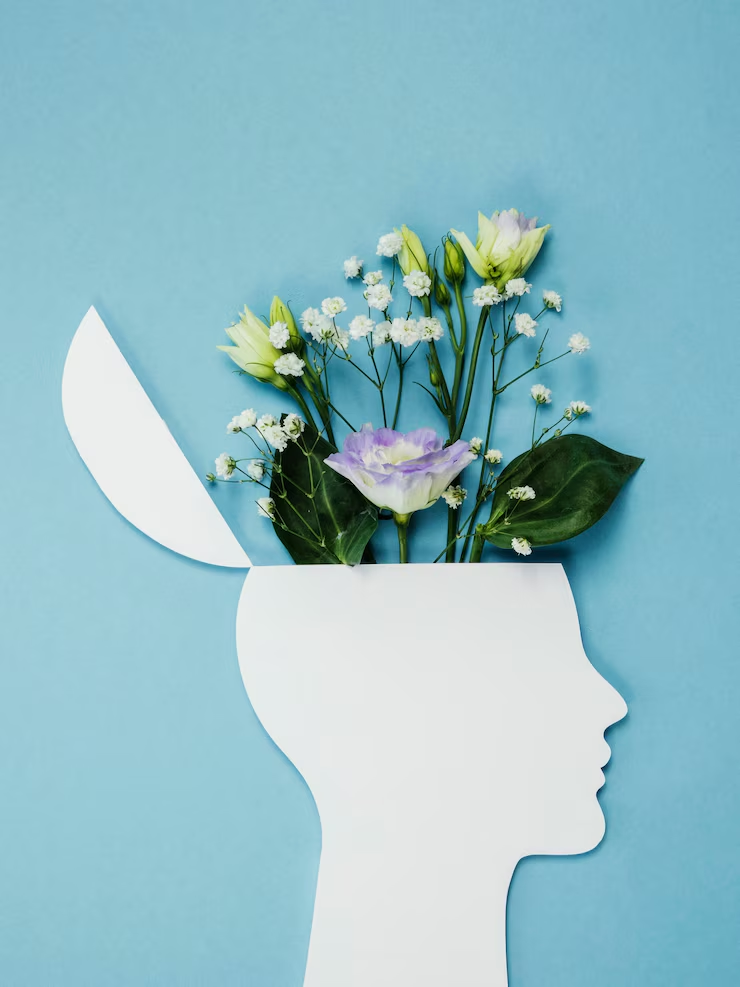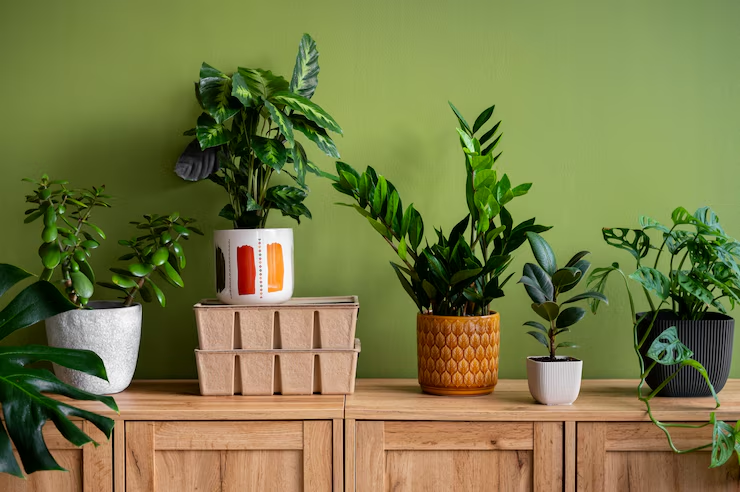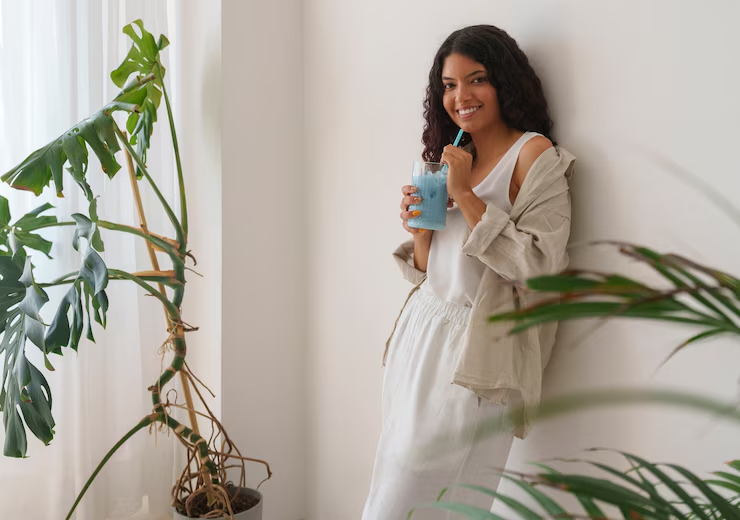How Does Minimalism Improve Mental Health and Reduce Stress?

Here’s a polished and engaging version of your article:
How Does Minimalism Improve Mental Health and Reduce Stress?
By Lily Mae
Minimalism is more than just a style—it’s a mindset. At its core, minimalism means living with less and focusing on what truly matters. It’s about clearing the clutter in your home, your calendar, and your mind. In this article, we’ll explore how minimalism improves mental health and reduces stress.
🌿 What Is Minimalism?
Minimalism is the practice of choosing what matters most and letting go of the rest. You keep only the items, habits, and relationships that bring value to your life. This lifestyle simplifies your surroundings, reduces distractions, and makes room for clarity and peace.
🧠 How Minimalism Improves Mental Health
1. Reduces Mental Clutter
Too many possessions or responsibilities can overload your brain. When your space is filled with stuff, your mind can feel crowded too. A minimalist environment clears the visual noise and allows your brain to focus better and feel less overwhelmed.
2. Increases Clarity and Focus
Fewer distractions mean you can think more clearly. When your home or workspace is organized and simple, your thoughts become easier to manage. You spend less time making small decisions, and more time focused on your goals.
3. Boosts Mood
A clean, tidy space often leads to a calmer mind. Minimalist spaces feel lighter and more peaceful. This can lift your mood and lower symptoms of anxiety or depression. Even a small decluttered corner can create a sense of calm.
4. Encourages Mindful Living
Minimalism helps you become more intentional. You start asking: “Do I need this?” or “Does this add value?” This habit spills into all areas of life—food, friendships, work—and helps you make healthier, more mindful choices.
💆♀️ How Minimalism Reduces Stress
1. Simplifies Daily Routines
When you own fewer clothes, dishes, or gadgets, daily decisions are easier. You save time getting dressed. You clean less. Your to-do list becomes shorter. These small wins lower daily stress and increase efficiency.
2. Cuts Down Financial Pressure
Minimalism reduces spending. You buy less, so you stress less about money. You may also find freedom in having fewer bills, fewer subscriptions, and fewer credit card charges.
3. Creates More Space for Rest
A decluttered space invites rest. When your home isn’t overflowing with stuff, it becomes easier to unwind. You can read, journal, or just breathe without distraction. That’s where healing and recharge happen.
4. Improves Sleep
Cluttered bedrooms can impact your sleep. A minimalist space is quiet and restful, with fewer disruptions. This promotes better sleep, which plays a vital role in your overall mental health.
✅ Final Thoughts
Minimalism isn’t about owning nothing—it’s about owning only what serves you. When you simplify your space and schedule, you make room for peace, clarity, and joy. You free your mind from stress and gain more time for what truly matters.
By living with less, you give yourself more:
More focus.
More calm.
More life.
Would you like a printable checklist or worksheet to help you start your minimalist journey?
The Core Idea of Minimalism

Here’s a refined and engaging version of your section:
How Minimalism Improves Mental Health
Minimalism starts with a simple question: “Do I need this?”
You look at your closet, your books, your gadgets—and keep only the things that truly serve you. Letting go of the rest creates more than just physical space. It frees your mind, your time, and your energy. The result? A calmer, more centered life.
🧠 Clear Space, Clear Mind
When your space is clean and uncluttered, your mind feels lighter. You spend less time hunting for lost items or cleaning around piles of stuff. The visual peace around you translates to mental clarity. You feel more at ease and less overwhelmed.
🔄 Less Decision Fatigue
Every day is full of choices—what to wear, what to eat, what to do. These small decisions can exhaust your brain. With minimalism, you own less, so you choose faster.
✔ Fewer outfit choices in the morning
✔ Less stuff to sort through at home
✔ More brainpower saved for what really matters
This lowers stress and helps you feel more in control.
✅ Better Focus and Productivity
A clutter-free desk or workspace means fewer distractions. You see only what you need, and your attention stays on task. This leads to:
-
Improved concentration
-
Faster work
-
A greater sense of accomplishment
-
Reduced stress over deadlines or unfinished projects
🕰 More Time for Self-Care
Minimalism gives you your time back. With less to clean, manage, or buy, you gain hours each week. Imagine using that time to:
-
Go for a walk
-
Meditate
-
Catch up with a friend
-
Read a book
-
Simply rest
The more space you clear in your life, the more room you make for joy, calm, and self-connection.
Would you like this turned into a printable visual guide or checklist?
How Minimalism Reduce Stress







